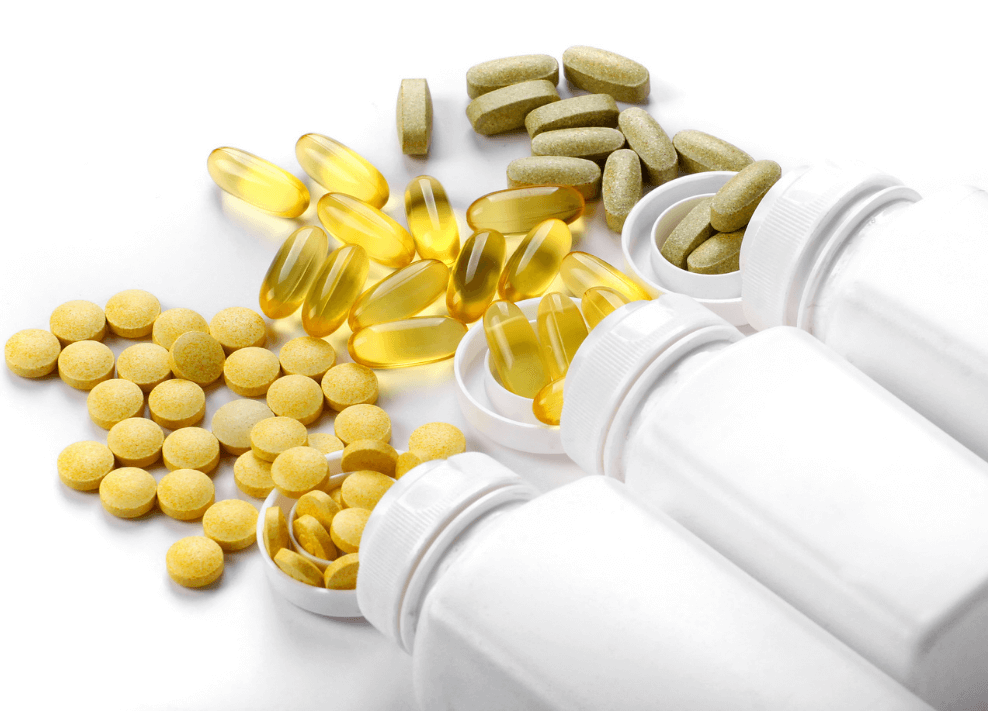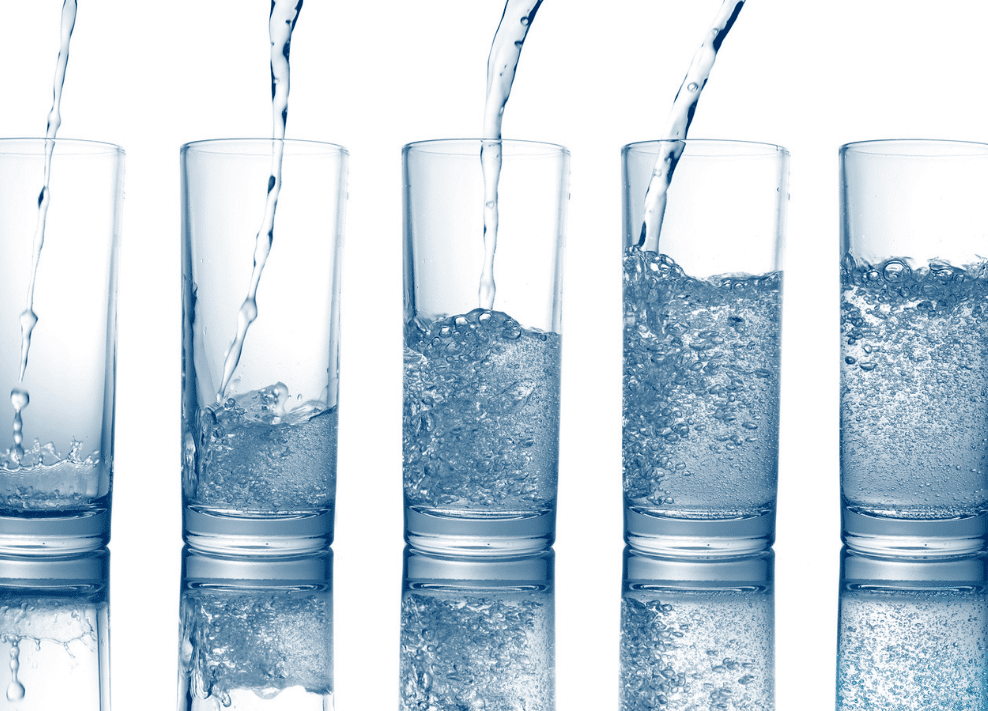Dry mouth
- Dry mouth is a common condition that occurs when the amount of saliva in your mouth dries up.
- A reduced saliva flow may lead to all kinds of problems, including bad breath, cavities, and gum disease.
- Dry mouth is most common in older patients who tend to be on more medications and are more likely to have had a recent change in health.
If your mouth often feels dry and uncomfortable, you may have xerostomia, or dry mouth. It’s a common condition that occurs when the amount of saliva in your mouth dries up. We all need saliva to keep our mouths moist, wash away food and neutralize the acids produced by bacteria to prevent cavities. A reduced saliva flow may lead to all kinds of problems, including bad breath, cavities, gum disease, mouth infections and difficulty swallowing, eating or talking.
Dry mouth is not a disease. It’s a side effect of certain medications or a symptom of certain diseases or medical conditions.

Causes
- Medications, especially those for anxiety, depression, or hypertension
- Medical conditions, like diabetes and autoimmune diseases
- Medical treatments such as radiation therapy
- Ageing
- Dehydration
- Anxiety
- Alcohol and smoking (tobacco, marijuana, vaping)
- Too much caffeine
- Drink lots of water throughout the day. When your body is properly hydrated, your saliva glands will be better able to do their job.
- Cut back on coffee and black tea since they have a lot of caffeine. Also limit alcohol intake and smoking (tobacco, marijuana, vaping).
- Use sugar-free candies or gum to keep the saliva flow going.
- Use non-alcohol-based mouthwash or a mouthwash specially formulated to treat dry mouth.
If dry mouth is an ongoing problem, talk to your dentist about it. They can offer tips and also keep an eye on your mouth to make sure no tooth decay sets in.

Saliva
Saliva is critical for controlling tooth decay. It neutralizes acids and provides minerals and proteins that protect the teeth. If you cannot brush after a meal or snack, you can chew some sugar-free gum. This will stimulate the flow of saliva to help neutralize acids and bring lost minerals back to the teeth. Some medical conditions and medications may decrease your flow of saliva and leave you with a “dry mouth”. This decreased flow of saliva will make the tooth surface susceptible to tooth decay. If you have a dry mouth, you could fill a sports water bottle with water and add 2 teaspoons of baking soda for each 8 ounces of water and then rinse frequently throughout the day.
Saliva stimulators
There are numerous methods to help stimulate saliva. Some suggestions are:
1. Sipping water throughout the day; carry water in a bottle or flask.
2. Sugarless mints or gum. The best are ones containing Xylitol
3. Biotene® products (toothpaste, mouthwash, lubricant, gum).
4. Use a humidifier at home (particularly in the bedroom at night) and at the workplace.
5. Artificial saliva substitutes (Salivart®, Moi-Stir®) are available through a local pharmacy, however, most people find these to be of little help, due to poor taste and high cost.

Things to avoid with a dry mouth:
1. Smoking or using other tobacco products cause irritation to the mouth tissues.
2. Drinks with alcohol are irritating and cause further drying of the mouth.
3. Many commercial mouthwashes have a high alcohol content and cause further drying.
4. Concentrated sugars such as candy or gum (unless on special instruction by the Oncology Dietician) result in an increased risk of cavities.
5. Petroleum-based lip moisturizing products (such as Vaseline, Chapstik or Lypsol) can cause peeling and cracking of the lips when used for extended periods. Use a water-based lubricant instead (such as Blistex, Dermabase or K-Y Jelly).

Sugar-free candies and mints
As we mentioned above, sugar-free gums can help to stimulate the flow of saliva which will help to neutralize the acids that the bacteria produce. Sugar-free candy or mints can be used but some of these contain acids and should be avoided. These acids will not cause tooth decay, but they can slowly dissolve the enamel surface over time (a process called erosion). Some sugar-free gums are designed to help fight tooth decay and are particularly useful if you have a dry mouth (many medications can cause dry mouth). Some gums contain baking soda, which neutralizes the acids produced by the bacteria in plaque. Gum that contains xylitol as its first listed ingredient is the gum of choice. Gum containing baking soda can also help reduce tooth decay.
Antibacterial mouth rinses
We can prescribe mouth rinses that can reduce the number of bacteria that cause tooth decay.

